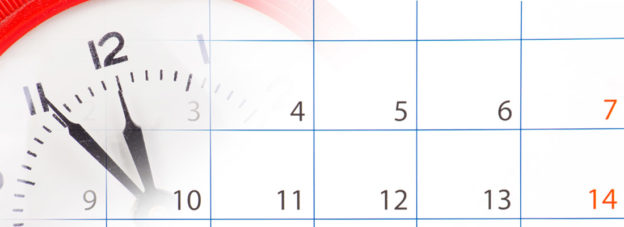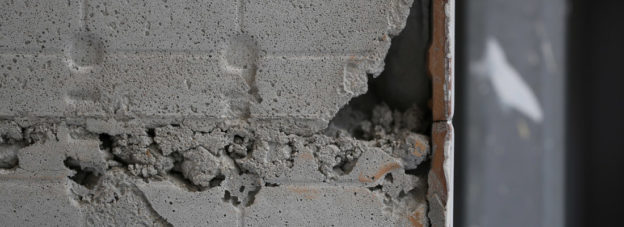In Bridgwood v. A.J. Wood Construction, Inc., 105 N.E.3d 224 (Mass. 2018), the Supreme Court of Massachusetts determined that the statute of repose barred the plaintiff’s consumer protection claims commenced more than six years after the occurrence of the event that gave rise to the claims. In Bridgwood, the homeowner filed suit against the contractors who had performed renovations 15 years earlier. The homeowner asserted that concealed faulty electrical work caused a fire 11 years after the work was completed. The complaint alleged that the contractors, by violating Mass. Gen. Laws. Chapter 142A §17(10), committed an unfair and deceptive act pursuant to Mass. Gen. Laws Chapter 93A. Continue reading



